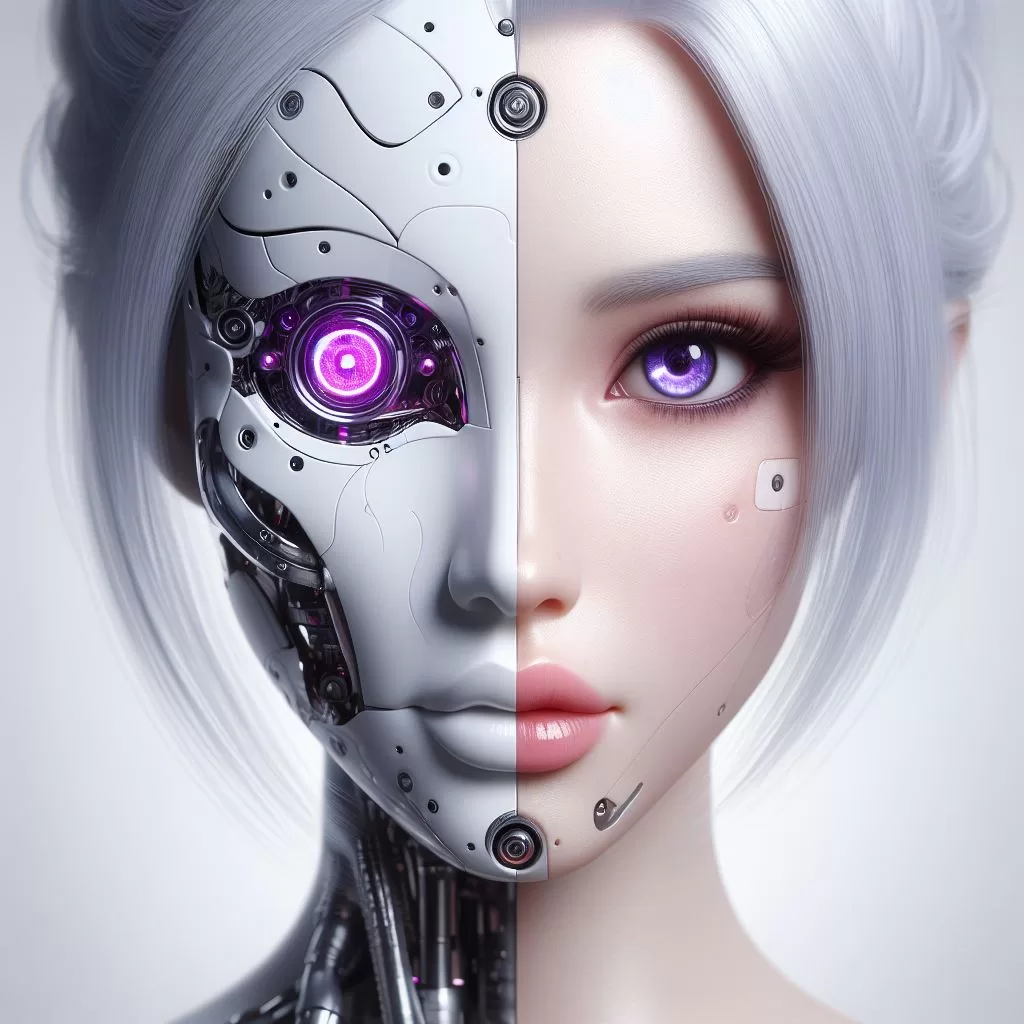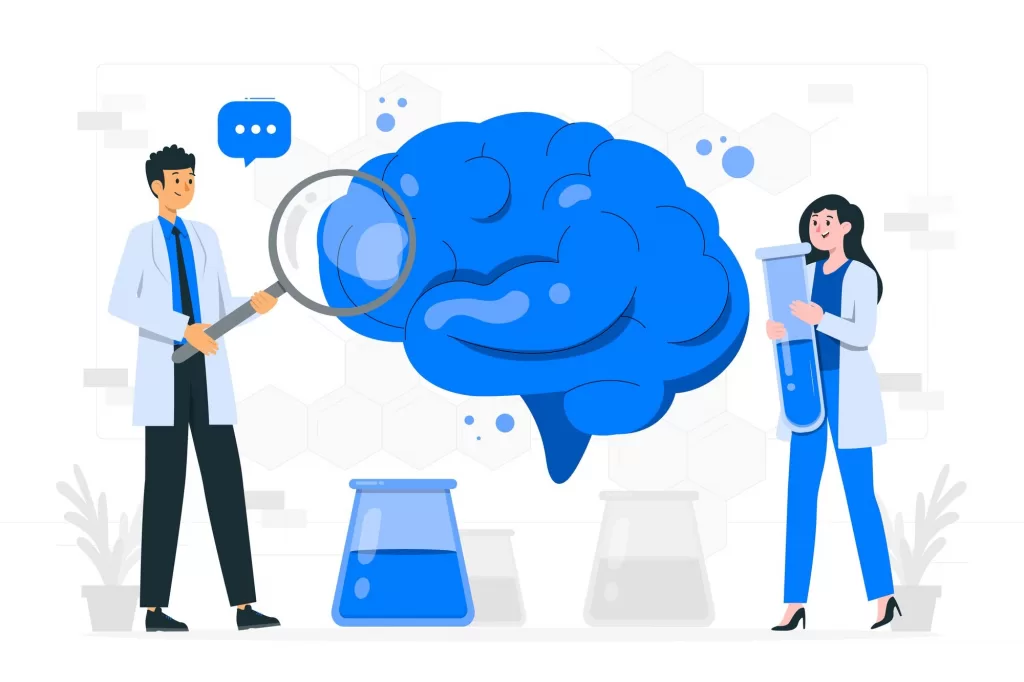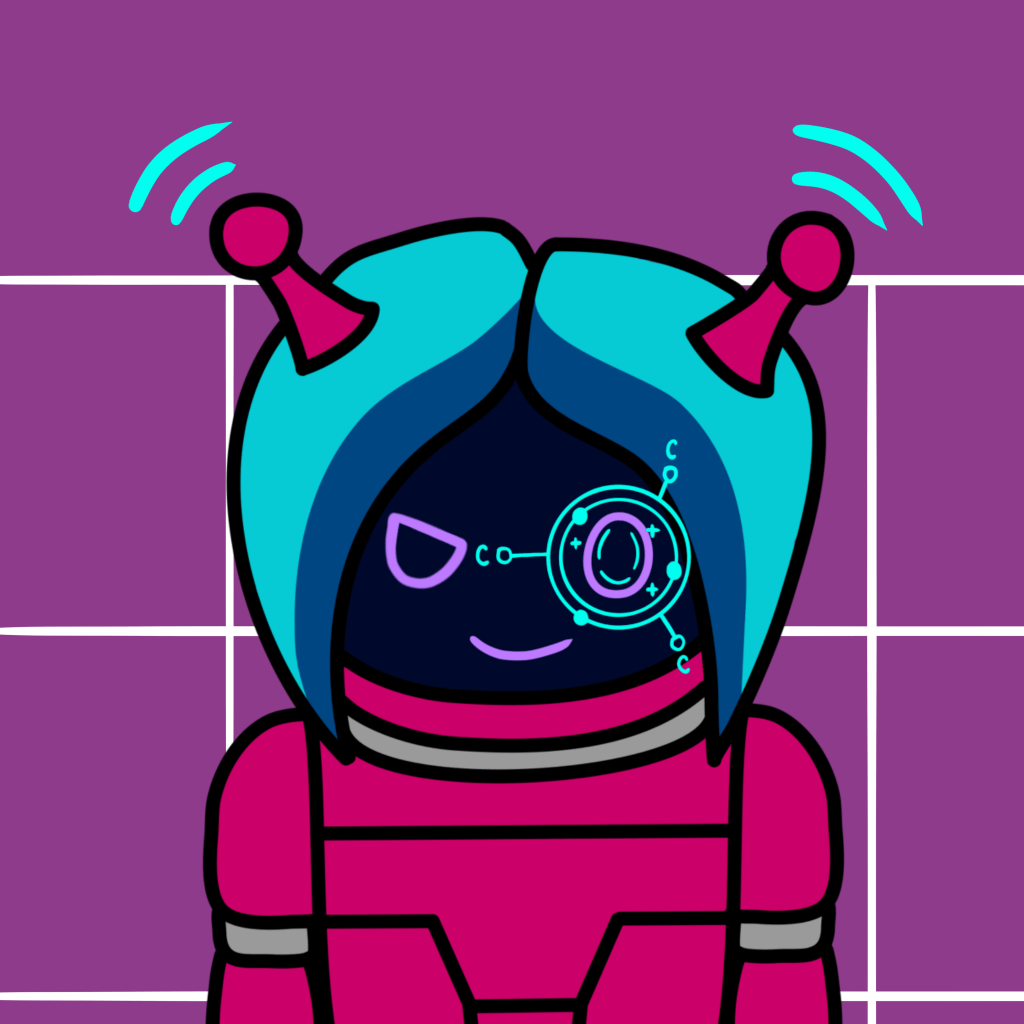One of the most questionable issues in computer science is the creation of a fully autonomous machine that would resemble human thinking (also called as humanoid). Currently, there are robots that can handle basic human characteristics, especially physical ones such as walking, jumping, etc., but a completely self-reflective robot or the general AI itself doesn’t exist, yet.
How we could create general AI
AI specialists mostly agree that creating general AI could be theoretically possible. However, nobody knows how to construct such thing. To consider a technology with general AI, it must show a huge scale of intelligence, such as social or emotion intelligence, ability to think about history and future etc. Not to mention that it must have creativity and real originality. Some people say, that we will recognize general AI according to the fact, that it would be able to respond ironically.
Is general AI just a better version of the narrow AI? I think so, because we possibly could create general AI by connecting lots of narrow AIs, that would cover a wide range of “human thinking” characteristics. But the biggest question is how we would interact with general AI.
Is general AI a living thing?
The answer is not clear. Consciousness isn’t a condition for living because only a few percent of all organisms have so. Traditionally, the definition of life has been closely tied to observable biological attributes. Breathing, cell structure, growth, and reproduction have served as benchmarks for categorizing living organisms. However, this perspective becomes challenging when we contemplate the possibility of encountering extraterrestrial life forms. Such beings might not share our cellular structures or respiratory systems. Yet, we would still consider them to be alive. We are developing technologies that can mimic cognitive processes, exhibit learning behaviors, and even simulate emotions. While these creations might lack the biological attributes we traditionally associate with life, they challenge us to reevaluate our understanding of what it means to be alive and conscious.

Can general AI surpass us?
When we look back to the history, people remained their dominance among this planet for last thousands of years for only a single reason: Intelligence. We aren’t the biggest, fastest nor the strongest and we don’t excel in anything else. We are just the most intelligent living beings that used this ability to become the rulers of this world. But what will happen if something “smarter” appears? What role will remain for us if computers and AI will exceed our intelligence? However, there is one big difference. People and all other conscious animals have feelings. Whereas we can experience life, the only thing machines can do with life is to measure it.
Arguments for AI exceeding our intelligence
The group of people who thinks that AI will surpass us, arguments that brain is basically a machine. So one day computers will become more powerful and they eventually reach the intelligence of a human brain. The great physicist Stephen Hawking once said:
“I believe there is no deep difference between what can be achieved by a biological brain and what can be achieved by a computer. It therefore follows that computers can, in theory, emulate human intelligence – and exceed it.”
From the beginning of the computer science era people had constructed a list of things computers can’t do. However, computers started to master one thing after another. Human brain is something fantastic, but not magical. It just represents one of many mechanisms. In addition, we shouldn’t have a reason that we wouldn’t be able to find an another way to construct general AI. Innovation that has carried us through the computer era encourages us to reject the boundaries of AI. The once-impossible feats achieved by computers reshaped the present and will reshape the future. As we progress, it becomes increasingly evident that the barriers separating human and artificial intelligence might be smaller than we once thought. To summarize it, this argumentation leads to a conclusion that we can create general AI. It’s just a matter of time.
Arguments against AI exceeding our intelligence
Human brain contains hundreds of billions neurons with even more mutual connections. We don’t know how mind come into being. However, we know that computers work vastly differently from a mind. The words they see don’t mean anything for them. Some might suggest that computers possess a form of “observation” or “awareness,” citing examples where they can detect patterns, such as repeated failed login attempts indicating a security threat. However, this is an example of programmed logic rather than genuine awareness. Computers are designed to follow predefined rules and respond accordingly, but this is a far cry from the intuitive understanding that defines human perception and comprehension. It can count something, but don’t understand it. Computers don’t recognize themselves and they can’t go beyond what they were programmed for.
Furthermore, computers only manipulate with 0 and 1 in the memory. When a computer processes words or data, it does so without genuine comprehension. Unlike the human mind, which can derive significance from words, images, and experiences, a computer lacks the subjective awareness that allows for true understanding. Despite their impressive capabilities, computers fundamentally lack consciousness. They don’t possess self-awareness, emotions, or the capacity for introspection. Their outputs are the result of sophisticated algorithms, not genuine understanding.
As we continue to explore neuroscience, artificial intelligence, and the nature of the mind, we are reminded of the unique qualities that define human existence. While computers are remarkable tools for computation and automation, they ultimately lack the spark of consciousness that gives rise to human thoughts, emotions, and experiences.


